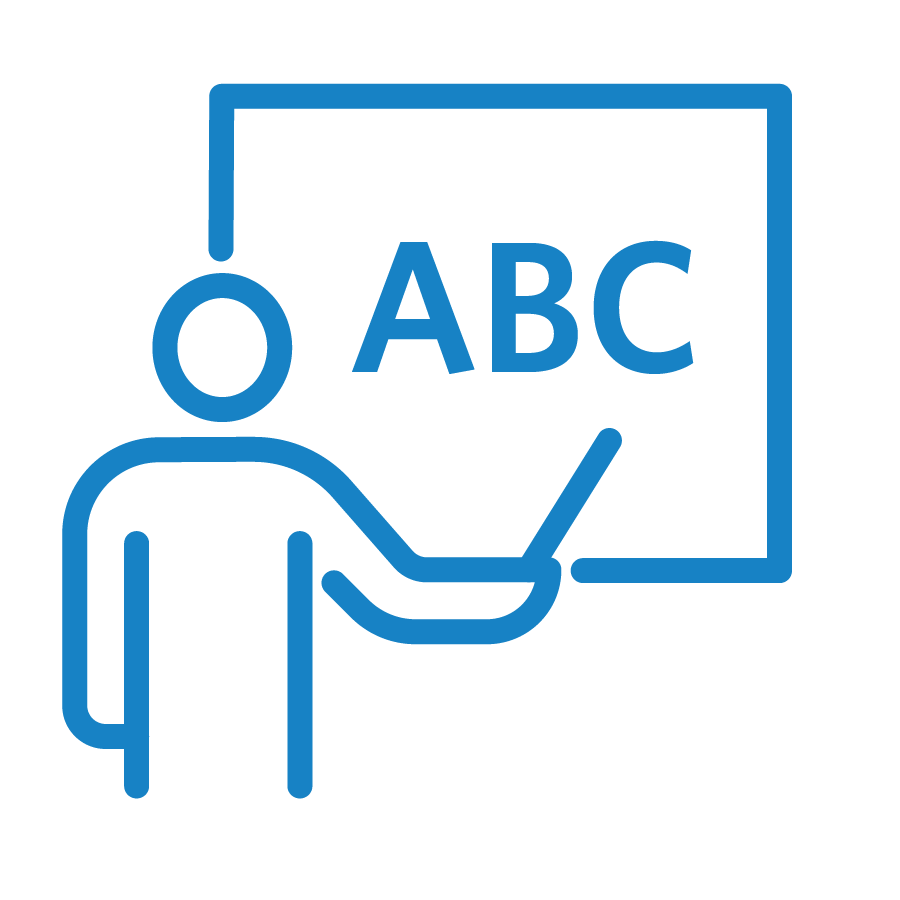Filter resources by:
Select a filter from the drop down menu to apply the filter. Page reloads upon selection
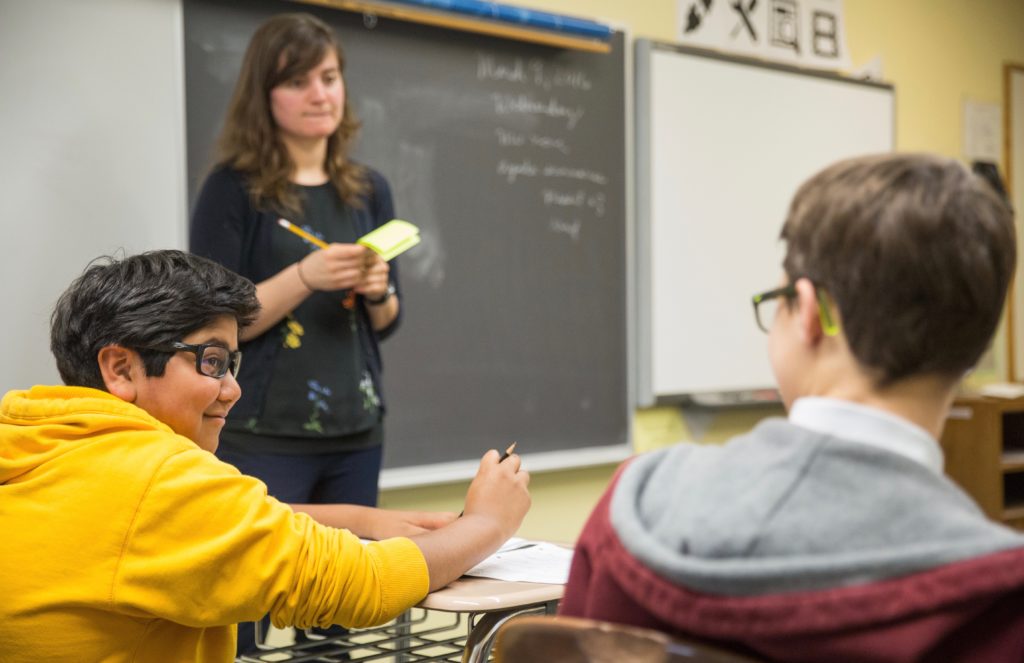
Aug 1, 2016
Ensure Automatization through Practice and Review
Automatic skills develop over time, with explicit instruction and repetitive practice. The real bonus of automaticity is that as we get “good” at something, our confidence and effectiveness increase far beyond that skill. Why? In addition to saving us time, automatic skills free up focus and working memory so we can engage in tasks requiring
Read Strategy
Jul 31, 2016
Micro-Unit and Structure Tasks
Micro-uniting and structuring tasks can help students with language-based learning disabilities complete assignments that meet classroom expectations. Poor work quality from students with learning disabilities most often reflects their lack of knowledge or skill. While it is true that some students don’t seem to put in the effort we’d like to see, it is most
Read Strategy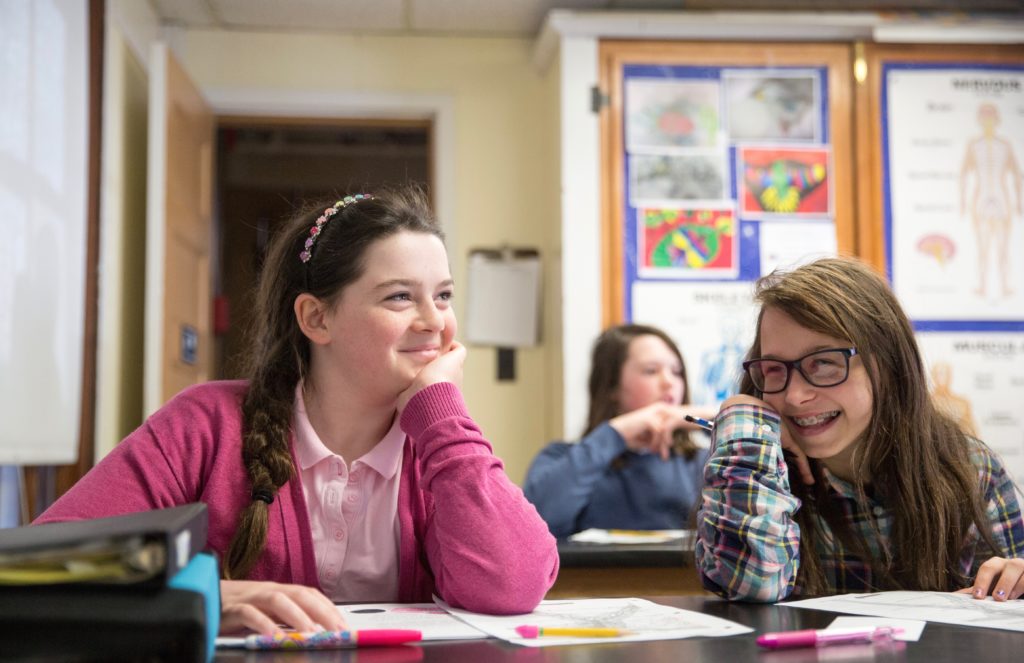
Jul 29, 2016
Provide Opportunities for Success
It is important to provide opportunities for success for all students. Landmark Outreach shares thinking and strategies that support all students’ efforts to become independent learners and develop a strong sense of self-efficacy. At the heart of Landmark’s instructional strategies and programs are Landmark’s Six Teaching Principles™. In a series of separate resources, Landmark Outreach
Read Strategy
Jul 26, 2016
Taking Purposeful Research Notes
Research can be a tedious and difficult process. When it comes to taking meaningful notes and organizing them effectively, many students get overwhelmed. Some get stuck on this stage, while others skip it all together, making the research process even more frustrating. Use this method to help your students take notes for research projects in
Read Strategy
Jul 26, 2016
The Research Writing Process
Updated February 13, 2023 Why do students with LD struggle with the research and writing process? In their review of recent research into writing interventions for students with learning disabilities, Amy Gillespie Rouse and Ashley Sandoval (2018) make the following observation: “Compared to their peers without learning disabilities, these students spend less time planning for
Read Strategy
Jul 20, 2016
Informal Assessment
While formal assessment measures can give a picture of student performance as measured against peers using normed references, it is informal assessment that teachers most frequently use to improve, modify, adapt, and accommodate instruction as a means to maximize student learning as measured through their performance. Informal assessment measures are a key component of diagnostic
Read Strategy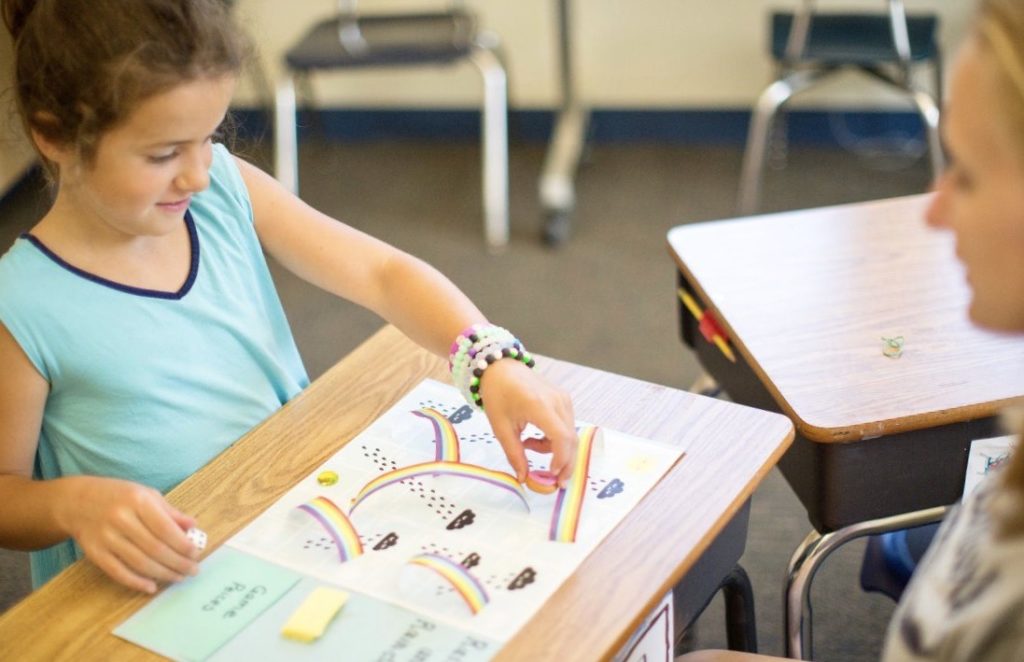
Jul 18, 2016
Games to Reinforce Reading and Spelling
Not only does this type of instruction assist students with the acquisition of reading skills, but it can also support spelling. Additional educational research highlights that the skills of reading and spelling are very closely linked and require an understanding of the same basic language skills, such as knowing that sounds are represented by letters.
Read Strategy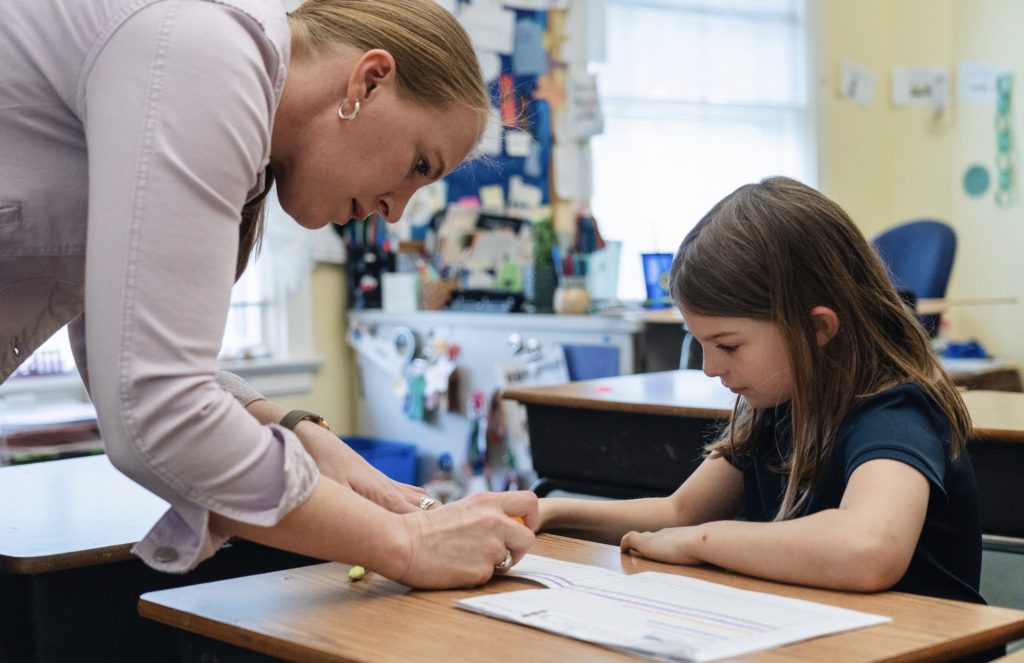
Jul 16, 2016
Receptive and Expressive Language and Specific Learning Disabilities
The skills of listening and speaking in the classroom fall into two categories: Receptive Language These skills enable us to comprehend spoken and written words and sentences, as well as non-verbal communication. Difficulty with receptive language can present tremendous challenges with learning and social interaction in the classroom. Students who have difficulty in receptive language
Read Strategy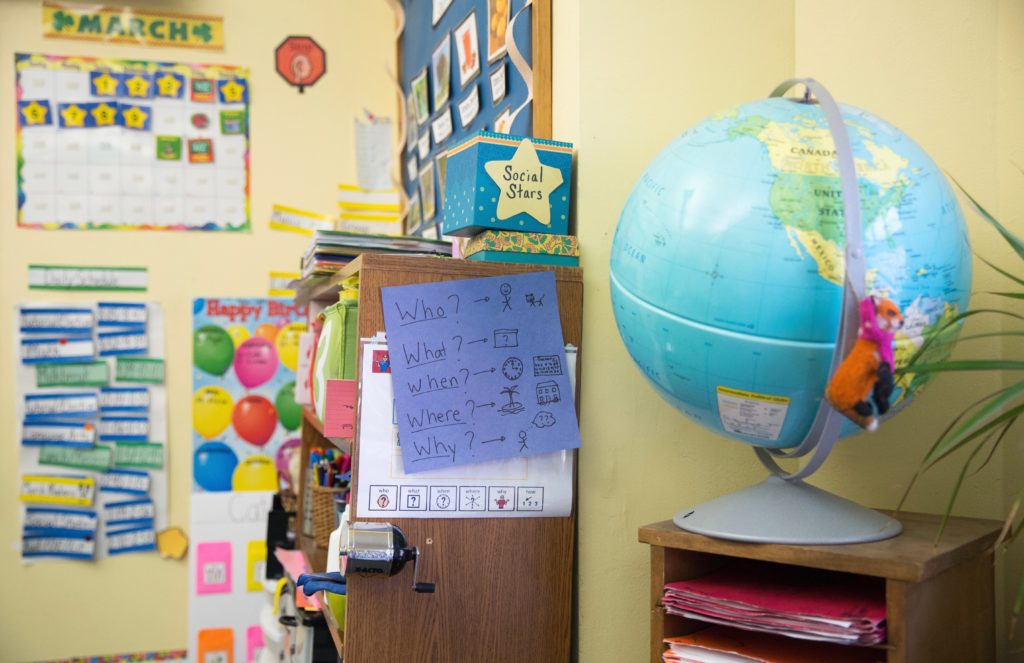
Jul 13, 2016
Executive Function: Activation Routines
Educators can support students executive functions and help them get started through creating consistent activation routines. Several Outreach resources are related to six aspects of executive function: activation, focus, effort, emotion, memory, and action.1 In addition, we’ll continue to organize the resources in relation to Landmark’s Six Teaching Principles™. This resource focuses on strategies to activate students toward
Read Strategy